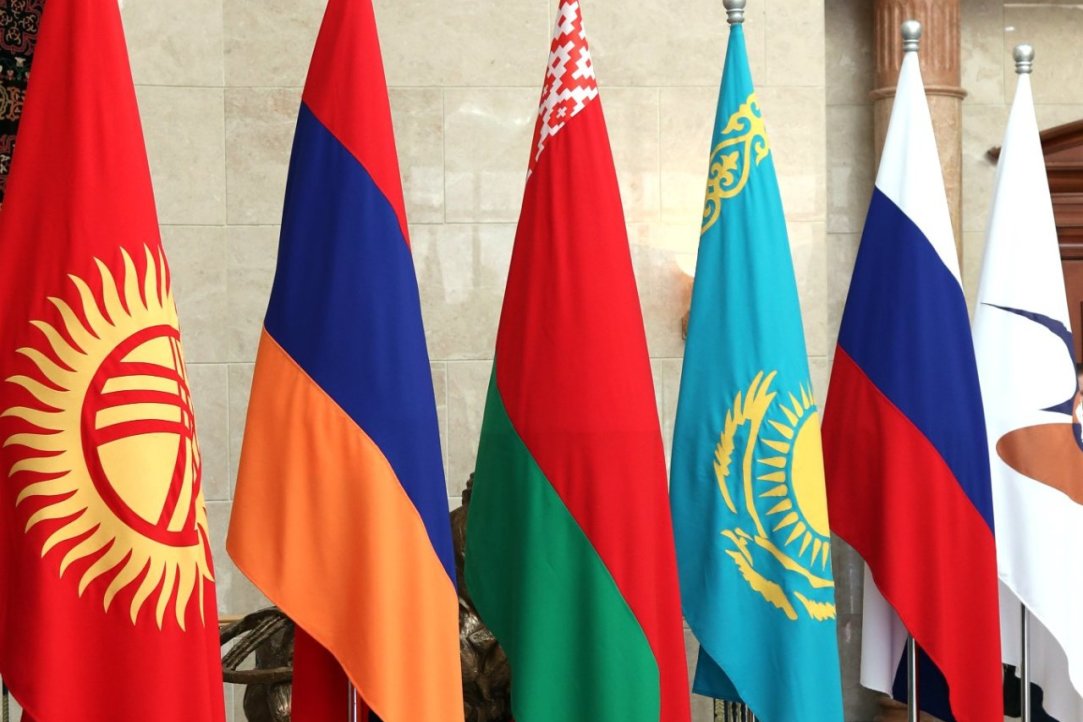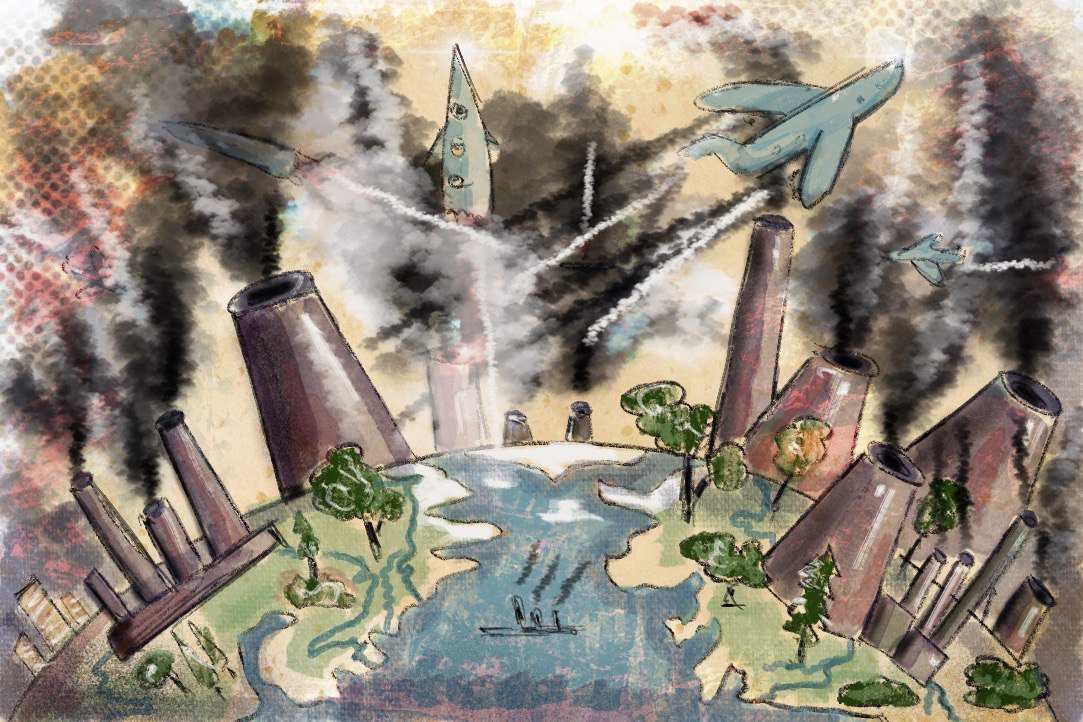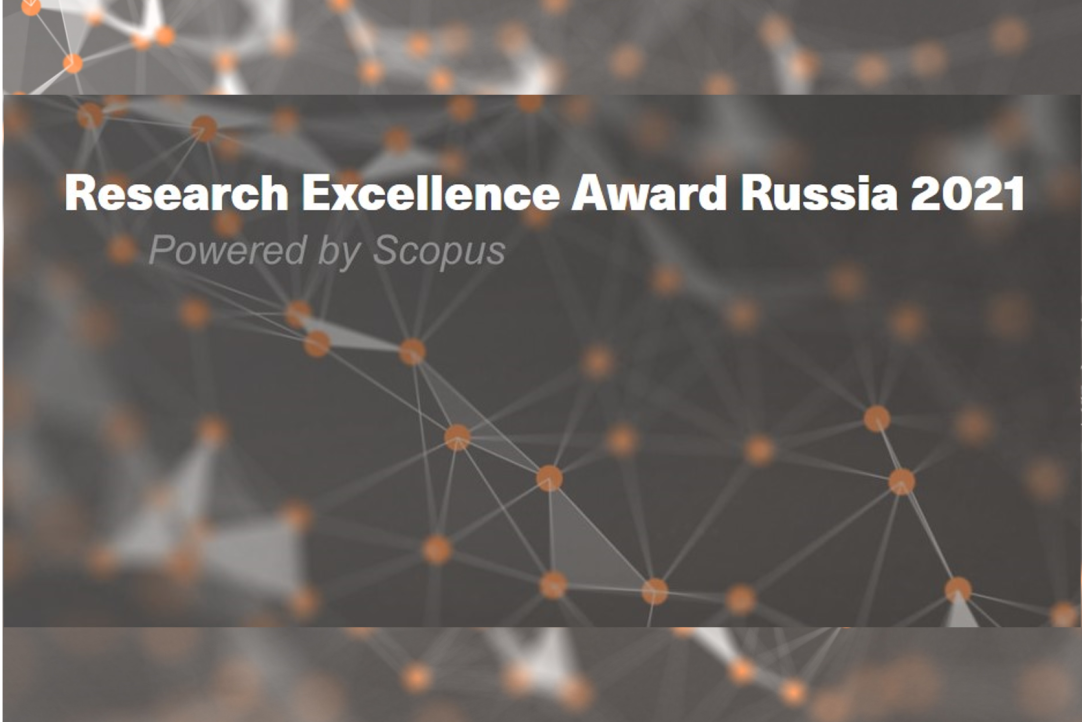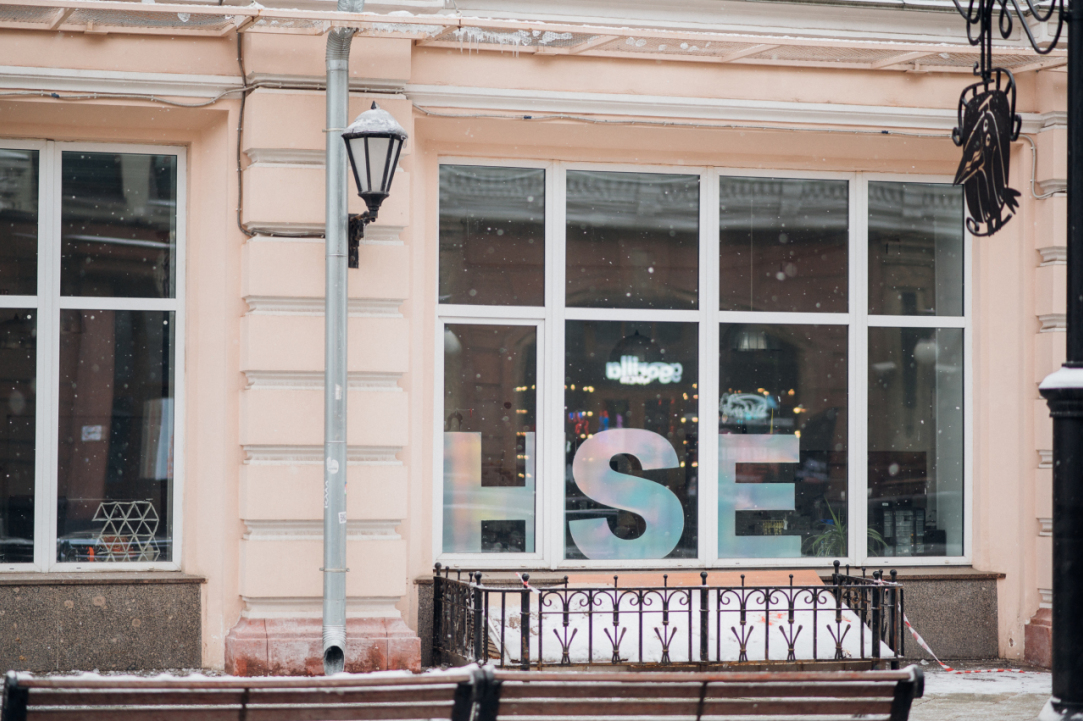
Effects of Enterprise Innovation Culture Openness in ISSEK’s Measurements
Participants of the international workshop ‘Corporate Innovation Climate’ discussed the latest research results in the field of open innovation on May 26, 2021. The workshop was organised by HSE Institute of Statistical Studies of Economics of Knowledge (ISSEK) jointly with University of Twente (the Netherlands) in the framework of the Human Capital Multidisciplinary Research Centre (HCMRC).
Moscow’s Creative Economy in Figures
This report presented by the Institute for Statistical Studies and Economics of Knowledge of the National Research University Higher School of Economics (HSE ISSEK) is dedicated to the statistical measurement of the creative economy of Moscow.

Creative Moscow: Ahead of Hong Kong and Melbourne, but Far behind Beijing and London
Moscow is not only Russia’s official capital, but its creative capital as well. 54% of the added value of the country’s creative industries is generated here. This was one of the findings presented in the report, ‘Moscow’s Creative Economy in Figures’, prepared jointly by HSE ISSEK researchers and the Moscow Department of Entrepreneurship and Innovative Development.

Human Capital, Innovation, and Fintech: What the Future Holds for Eurasian Integration
To what extent do the countries of the Eurasian Economic Union (EAEU) benefit from an open economy? What financial, scientific, and educational policy tools will contribute to the implementation of the recently approved ‘Strategic Directions for the Development of Eurasian Economic integration until 2025’? These questions were discussed by participants in a series of expert discussions at the XXII April International Academic Conference on Economic and Social Development organised by HSE University and Sberbank.

Climate Change. How to stop it and manage it
Over the last 20 years, hazardous weather has become more frequent in Russia, and the situation is only expected to worsen in the future — the world's climate is changing at an unprecedented rate due to human activity. How can we predict hazards and manage agriculture with this in mind? How are natural systems and human potential interconnected? In what areas do Russian scientists have an edge over their foreign counterparts, and why might they soon lose the ground they have gained? Experts from HSE University, the Institute of Geography, the Russian Academy of Sciences, the Russian Presidential Academy of National Economy and Public Administration (RANEPA), and Tomsk Polytechnic University answered these questions and proposed recommendations at the round table, ‘Sustainable Development in Pandemic Times: Natural Resources, Climate Change and Territorial Resilience’, held at the XXII April International Academic Conference on Economic and Social Development.

Living in an Age of Change: Understanding Digital Exclusion
The competition for promising young researchers is intensifying around the world, and spending on preparing future generations of highly qualified specialists is on the rise. This is happening against a backdrop of digitalisation, which is creating a new digital inequality. For example, a quarter of the adult population in Russia does not possess any digital skills and does not use the Internet. These and other topics were discussed by participants of a round table held during the XXII April International Academic Conference on Economic and Social Development organised by HSE University and Sberbank.
HSE April Conference: Universities Reinforce the Links between Academia, Businesses, and Society
From April 13 – 16, 2021, the international academic symposium ‘Foresight and Science, Technology and Innovation Policy’ will take place as part of the XXII April International Academic Conference in Moscow. At the symposium, representatives of leading Russian and international academic centres and universities will present the results of their programme studies. Many papers will examine the transition of knowledge to new technologies, their impact on people’s lives, and the growing demand for research reinforcement not only in times of crisis.

HSE University Expands Cooperation with the World's Leading Foresight Centres
HSE University has signed cooperation agreements with two of the world's leading research centres, NISTEP (Japan) and TIFAC (India), which provide their governments with analytical support to inform science and technology forecasting and science and technology policy.

Two HSE University Researchers Among Winners of Research Excellence Award Russia 2021
Elsevier (operated by Scopus) has awarded its prestigious Research Excellence Award since 2005. This year, it celebrates the Year of Science and Technology in Russia. On March 30, Elsevier awarded the winning scholars, which included Maxim Kotsemir, Research Fellow at the HSE Institute for Statistical Studies and Economics of Knowledge, and Dmitry Vetrov, Professor at the HSE Faculty of Computer Science.

‘Everyone Is Excited about Innovation and Digital Transformation’
Monica Spychala (USA) is a double-degree Master's student at Technische Universität Berlin and HSE University’s Institute for Statistical Studies and Economics of Knowledge (ISSEK), where she studies Governance of Science, Technology and Innovation. Monica spoke with HSE News Service about why she chose HSE, what it is like to study remotely in the Governance of STI programme, and how she is already putting her knowledge into practice.
